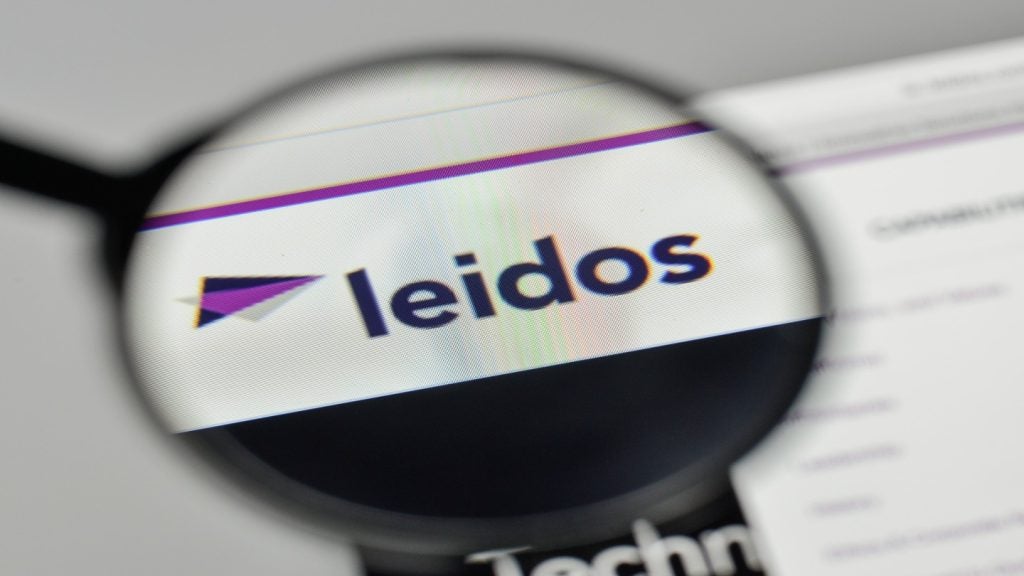
Recent events, including the developments in air freight bomb threats originating from possible Al-Qaeda involvement in Yemen, have once again thrust counterterrorism efforts to the forefront of national security discussions.
As terror threat levels continue to rise and cause alarm across Europe, Arena’s Counter Terrorism and Security conference, at the Britannia International Hotel in London, will focus on how the private and public sectors aim to improve strategies in detecting, responding to and defeating terrorism.
Several key themes are on the agenda for discussion, with special attention to be paid to the importance of special sports and entertainment events security and counterterrorism strategies, with the London Olympics quickly approaching.
With an allocated budget in excess of £600m, including a substantial contingency fund, the costs of security and anti-terror measures are largely expected to spiral in and around the city of London in the lead up to the Olympic Games, and it is important that lessons be learned from those already responsible for ensuring the safety of equivalent arenas.
Effectively protecting venues
See Also:
Counterterrorism and security measures have become prevalent in recent years, and a range of enhanced security measures have since been integrated into the design and build of new venues as well as within existing venues, says Richard Lyall, AEG Group Facilities Director of the O2 Arena in London, who has presided over various strategies and counterterrorism measures in order to guarantee the safety of visitors to the attraction.
How well do you really know your competitors?
Access the most comprehensive Company Profiles on the market, powered by GlobalData. Save hours of research. Gain competitive edge.

Thank you!
Your download email will arrive shortly
Not ready to buy yet? Download a free sample
We are confident about the unique quality of our Company Profiles. However, we want you to make the most beneficial decision for your business, so we offer a free sample that you can download by submitting the below form
By GlobalData“These important changes have been made in direct response to what has been learned from specific incidents and attacks that have occurred, as well as the level of threat we now face.”
“I’m a firm believer that the development of an integrated security strategy, which links physical and procedural security measures with available technologies, is key to ensuring a robust response and hardened profile which, in turn, reduces the risks posed by terrorism,” he adds.
An effective preparedness programme
Since the Millennium Dome reopened as the O2 Arena in 2007, a number of high-profile events have been staged at the venue and key steps have been undertaken to identify and minimise major threats and vulnerabilities.
An integrated approach that includes regular risk and vulnerability assessments and operational strategies to minimise potential risks are undertaken by the venue as part of its effective “preparedness” programme. The programme itself is supported by effective regular training of staff and the continual examination of operating procedures.
“We are constantly reviewing our operations and ensuring the experience gained from operating a site, which is constantly open and sees over 7.5m visitors each year, is used effectively to support our security strategy.
“Part of this involves rehearsing our specific procedures and working with our staff, suppliers, tenants, local council and emergency services in maintaining our preparedness as well as our ability to respond effectively to any situation that may pose a security risk,” said Lyall.
The act of deterring terrorism can often be viewed with equal importance as actively attempting to stop it.
The O2 adopts physical and technological deterrents in order to support the arena’s security strategy.
These enable the management to guard the site from potential terrorist threats and use active personnel to ensure constant vigilance against any plausible attack.
With the 2012 Olympic Games to be hosted in various venues across London, there has been an increased importance placed on the active deterrence and policing of potential terrorist threats.
This is an area where Richard Lyall feels the O2 Arena and those involved with ensuring its safety can offer valuable experience and examples to those tasked with securing venues across London.
Passing on the experience
“I have no doubt that our practical knowledge of running a venue, which continues to provide a great experience for our customers in a safe and secure environment, by using the tried and tested operating procedures, will prove invaluable to our Olympic colleagues in preparing for the Games,” Lyall said.
Also speaking at the event are Millennium Stadium Manager Gerry Toms, who has overseen a wide variety of high-profile sporting events held at the Millennium Stadium in Cardiff, Wales, and a senior representative from the Home Office, revealing the best methods of preparation for the policing and security challenges associated with hosting the Olympic Games.
Discussed in these sessions will be the importance of adopting an integrated approach to security and planning involving the community and business, using the Vancouver Olympics as a recent case example.
Also covered will be the inclusion of the police, armed forces and privately contracted security teams to ensure that transport and hospitality sectors are not considered a soft target for terrorist organisations.




